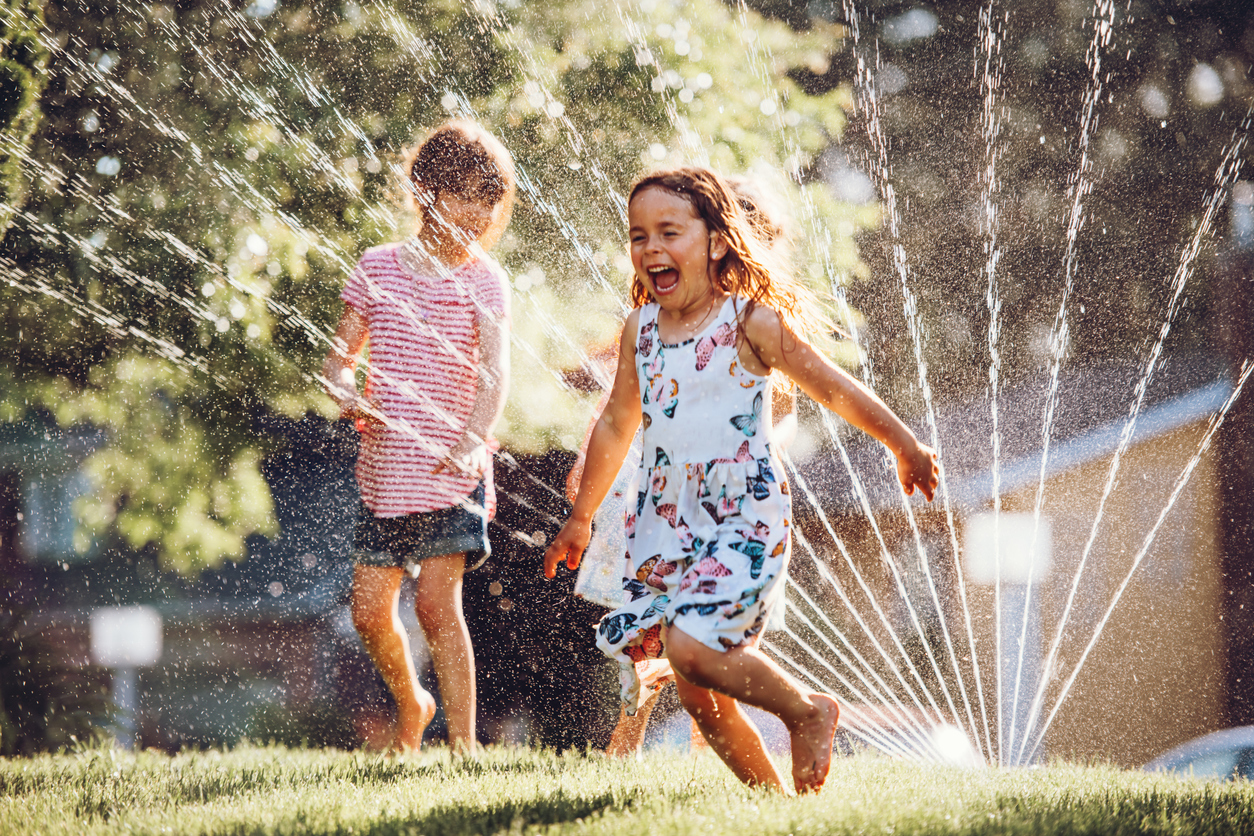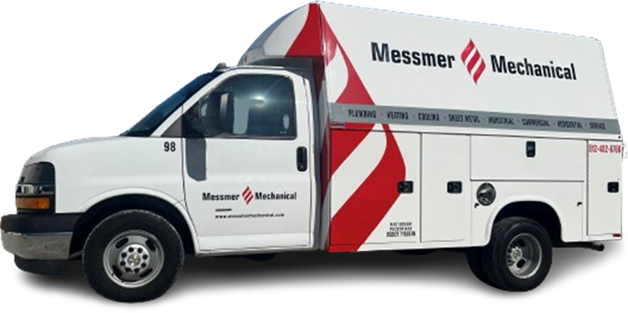As the dog days of summer approach, the increased water usage for activities such as watering lawns, filling pools, cooling off, showering, and doing laundry can place extra stress on your home’s plumbing system. What may seem like minor issues like a dripping faucet, toilet, or reduced water pressure can suddenly turn into bigger problems and even emergency repairs. But with proper preparation, you can avoid costly repairs and ensure that things flow smoothly all season long.

Here are some essential tips to get your plumbing summer ready:
1. Inspect for Leaks
Begin by inspecting your plumbing for any leaks. Check faucets, pipes, and hose connections both indoors and outdoors. A small leak can waste gallons of water and escalate into a bigger problem if not addressed. Fix any leaks promptly to conserve water and prevent damage.
2. Service Your Water Heater
Flush the water heater to remove sediment build-up that can reduce efficiency. If your water heater is over ten years old, consider having it inspected by a professional to ensure it’s functioning optimally.
3. Check Your Sprinkler System
An efficient sprinkler system is crucial for maintaining a lush lawn during summer. Inspect sprinkler heads for clogs, leaks, or damage. Ensure they are positioned correctly to water your lawn effectively without wasting water.
4. Clean Your Drains
Summer activities often lead to more debris going down the drain. Hair, sand, and food scraps can cause clogs. Regularly clean and maintain your drains to prevent blockages. Consider using drain guards to catch debris and reduce the risk of clogs.
5. Prepare for Vacation
If you’re planning a summer vacation, prepare your plumbing before you leave. Turn off the main water valve to prevent any potential leaks or bursts while you’re away. Additionally, set your water heater to vacation mode to save energy.
6. Monitor Water Pressure
High water pressure can strain your plumbing system, leading to leaks and bursts. Use a water pressure gauge to check your home’s water pressure. The ideal range is between 40-60 psi. If it’s too high, consider installing a pressure regulator.
7. Educate Your Household
Ensure everyone in your household is aware of water-saving practices. Simple actions like taking shorter showers, turning off the tap while brushing teeth, and running dishwashers and washing machines with full loads can significantly reduce water consumption.
By taking these steps, you can prepare your home’s plumbing for the increased demand of the hot summer months, ensuring a trouble-free and enjoyable season. And should a plumbing problem arise, we’re here to help. From leaking faucets and running toilets to no hot water and sumps pumps that fail when you need them most, Messmer Mechanical is at your service.




